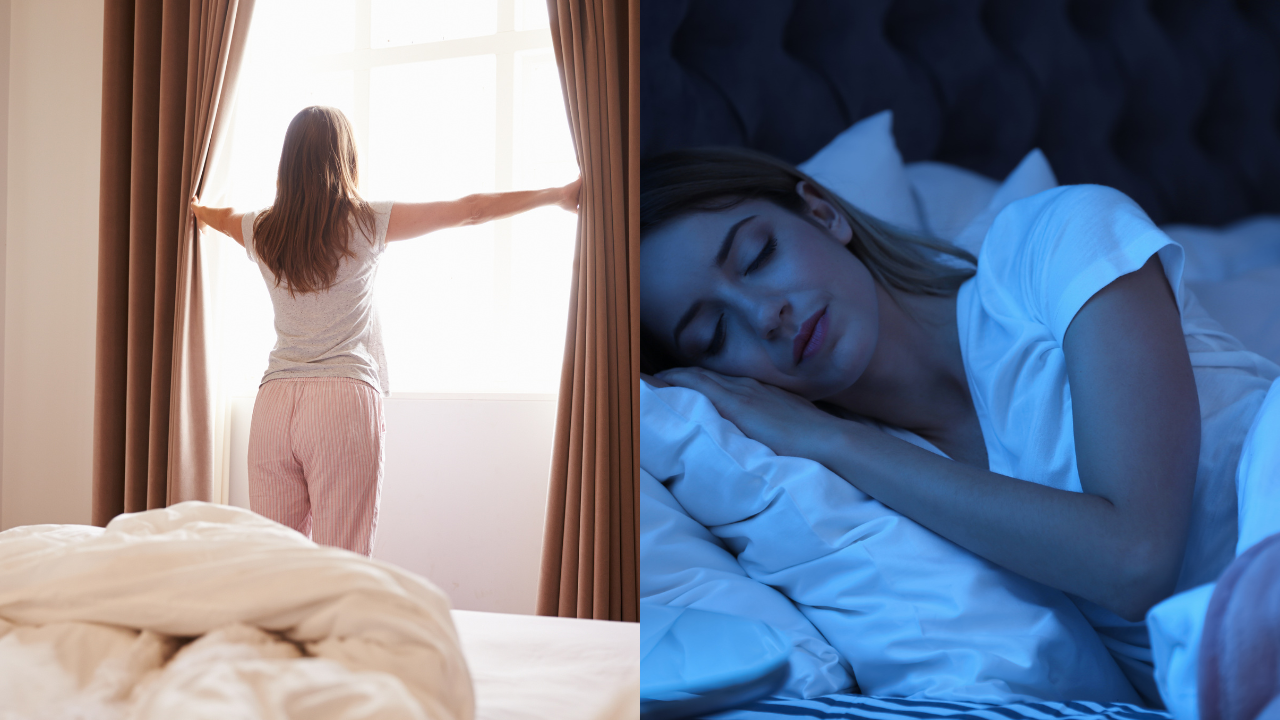Want Better Rest? This Surprisingly Simple Sleep Reset Works Better Than Any Hack You Have Tried

Credits: Canva
SummaryForget kiwis, gadgets, and wild wellness hacks. The real key to better sleep is how you use light. Darkness at night boosts melatonin, while morning sunlight resets your body clock, helping you sleep deeper and wake up sharper.
End of Article
